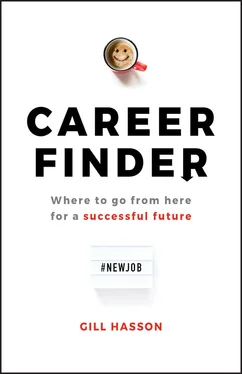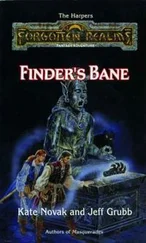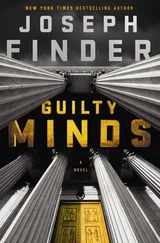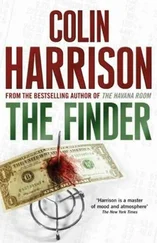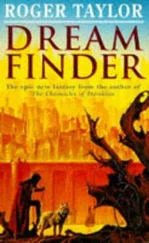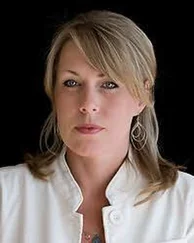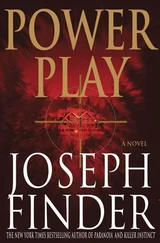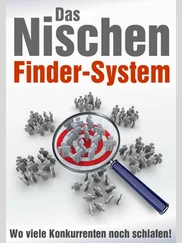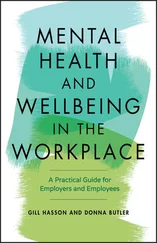Find out what you like doing best and get someone to pay you for doing it.
Katherine Whitehorn
Why do people end up working in jobs and careers they don't like? It's not that they're bad jobs; they could be jobs other people do like doing. In general, people end up in jobs or careers they don't like for one or more of the following reasons:
Their job or career doesn't reflect who they really are: there's a mismatch between their values, interests, strengths, skills, and abilities and the job they're doing or the career they're in.
They aren't aware of the huge range of jobs and careers that are out there, that are available to them, and would be a good fit for them.
Once they have identified a job or career they'd like to do, they don't know what opportunities to pursue to maximize their chances of getting an ‘in’.
You don't have to be one of these people!
Identifying the work and career that's right for you – that you'll like and enjoy doing, is a process of discovery and learning.
Not only do you need to find out more about yourself and the jobs and careers that are available, you also need to know that, whatever path you decide to follow, it doesn't have to be fixed. These days, careers are dynamic; they're characterized by changing world events, changing personal circumstances, new ideas and directions. Chapter 1starts by explaining this. It describes how each of us has to take responsibility for managing the nature, direction, and development of our own career. And that's a good thing! It means that you get to define and create your own working life: you become the author of your career.
Chapters 2and 3help you to learn more about yourself – to identify your values and interests; your skills, strengths, and qualities; and your own preferred way of learning and doing things. Having done that, you'll then have a clearer idea of who you are. You'll know what your values are: the importance, for you, of what you put into and get out of your work. You'll have identified your attributes – your strengths – and your skills – what you're good at doing. You'll also have identified the way that you naturally approach learning and doing things.
Next, you can start to explore what jobs and careers there are and think about how they might be of interest and be a good fit for you. Chapter 4discusses whether or not there's a perfect job out there for you. You may be hoping that once you've found your passion everything else will fall into place. But what if you don't have a passion or a ‘calling’? There's little or nothing you feel particularly enthusiastic about or inspired to do? No problem!
You don't have to have a calling, a big idea or a long‐term career plan. Instead, you identify what might be of interest and be a good direction, do some research, and learn from what you find out along the way. Chapter 4helps you discover the wide range of jobs and careers out there and explains how to narrow them down to a few that are most of interest to you.
Once you've identified some possible jobs and careers, as well as the criteria to judge them by – the extent to which they match your interests, values, skills, and strengths – the next step is to find out about them in more detail. Chapter 5explains a number of ways you can do this.
Once you've narrowed down your ideas and options you'll want to know what opportunities you could pursue to maximize your chances of getting into the job, profession, or career that interests you. In Chapter 6you can read about internships and work placements, returnships and apprenticeships.
In Chapters 4, 5, and 6there are details about many of the organizations that can give you further advice and guidance. The section at the back of the book – Websites and further information – also has contact details for organizations that provide information about internships, apprenticeships, voluntary work, writing CVs, application forms, etc.
Chapter 7explains what a portfolio career is and how it could work for you. This chapter is particularly useful if you're thinking about making a career change.
Chapter 8moves on to what to do if you are currently stuck in a job or career you don't like but, for whatever reason, you're unable to leave for now. There's plenty of positive advice if you're in that position right now. There's also advice and support around what to do if you actually hate your job or a course of study you've embarked on. And finally, there's constructive advice about managing unemployment.
Whether you're stuck in a job you don't like or you're unemployed, whether you're still in education or just leaving it, or you're thinking about a career change, the emphasis throughout this book is that your attitude and approach make all the difference. You'll need a positive mindset, persistence, and determination. You'll also need an open mind; a willingness to be adaptable and flexible.
Finding the right job and career for you might not be easy, but if you follow the steps described in this book, you'll not only ensure that you're heading in the right direction, but you'll do so with enthusiasm and confidence.
1 The Changing Nature of Careers
The pen that writes your life story must be held in your own hand.
Irene C. Kassorla
What is a career? Like most people, you probably think of a career as the work a person does throughout their working life, in a specific profession or industry. We talk about a ‘career path’ and a ‘career ladder’; we see a career as something we make progress in, with opportunities for promotion, an increase in responsibilities and pay, and other benefits.
Although we're all familiar with the concept of a career, it is, in fact, a relatively recent concept.
In the past, most people simply did the work that was there; they did what their circumstances and environment presented them with. If, say, you lived in an agricultural community, your work was in agriculture, working on a farm or in associated work; as a blacksmith, for example. If you lived in a fishing community your work was in the fishing industry and if you lived in a mining community, you worked in or at the surface of the mines. In the towns and cities, you might have worked in a trade; you might, for example, have been a draper, or a goldsmith, a tailor, a cordwainer, a plasterer, or a bookbinder. Whether a person lived in a town or a city, as a rule, if their family did it, so did they.
In the middle of the nineteenth century, the advent of the Industrial Revolution brought people work in the factories and work with large employers, such as railway companies.
By the twentieth century, and throughout the following decades, access to an education widened the possibility for many individuals to enter a profession and build a career. Typically, people secured a job after leaving school, college, or university and they either stayed there or moved on to maybe one or two other employers during their working life. Employees were loyal towards the company or organization they worked for, and were confident of a high level of job security. Within the organization, there was a clear line of promotion; employees aimed to work their way up the career ladder in order to gain promotion and the associated benefits: increased responsibilities, pay, status, and a decent pension at the end.
The organization you worked for mapped out your career; they provided career opportunities and progress. Now, though, many of the organizations and companies that used to offer steady lifelong jobs are no longer presenting a linear career path and/or the security that previous generations experienced.
The three‐stage life of education, work and retirement is clearly not fit for purpose. That's a huge shift for the young as they consider lifetime learning and multiple career shifts. What worked for their grandparents' generation won't work for them. And it's not only the young who face this challenge – those in their forties and fifties have to plan for longer careers in a world where jobs will be changing with technology and their skills may no longer be relevant.
Читать дальше
